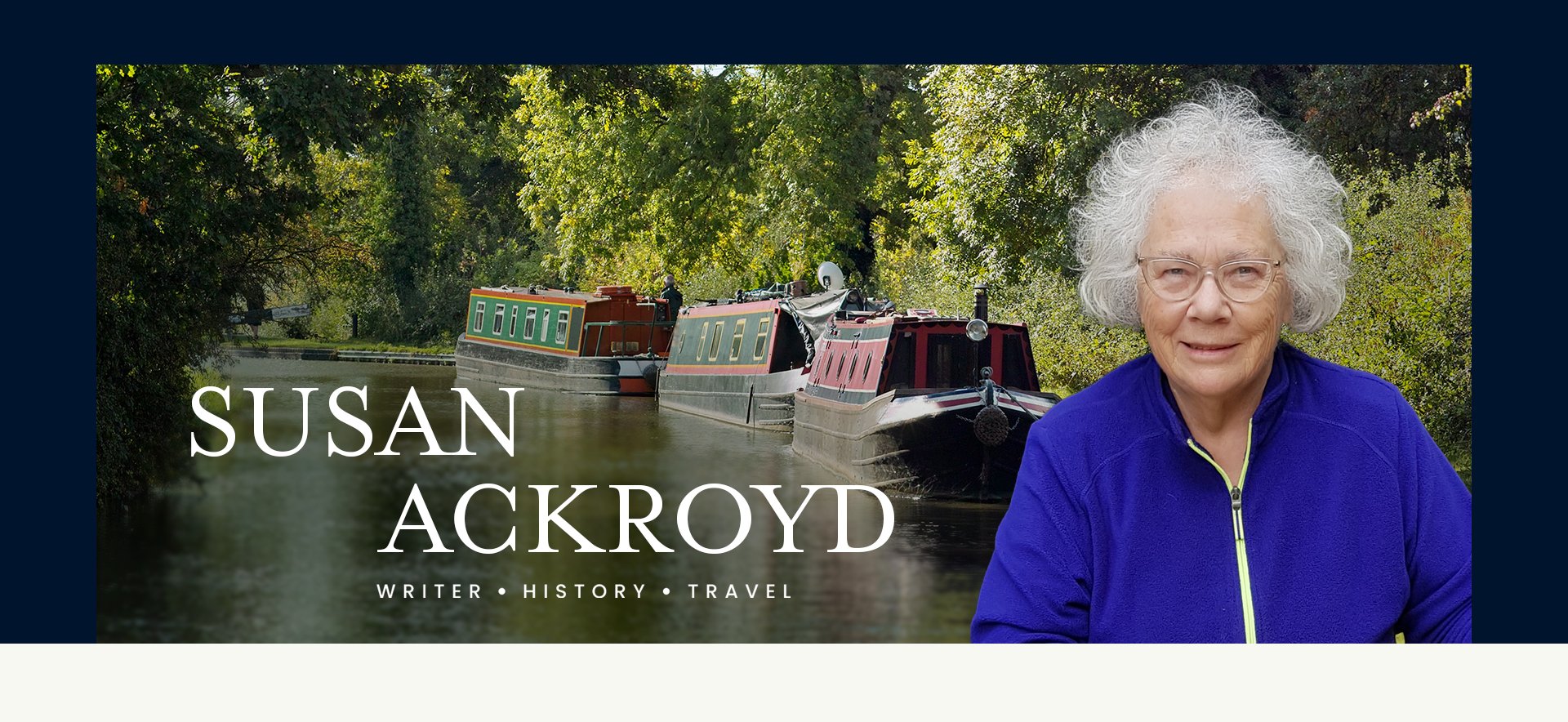ABOUT
My working life has been mainly in education, starting as a high school English/History teacher. After leaving the school system to travel, I returned to Australia and found interesting work with adult migrants and refugees, first in teaching, then managing the delivery of this service in the eastern suburbs of Sydney. What stories these students told us, and how good to help them settle into their new land. Some teachers helped students find work- a parachute folder from eastern Europe was assisted to find work folding life rafts. A bear trainer from Bulgaria was more difficult to place. This work occupied 21 years of my life, bar a few years raising children.
As the government’s commitment to this program waned, I went back to uni to become a lawyer, and while studying found work in the vocational education sector. Public and private training organisations were growing in numbers, and regulating or attempting to regulate the quality of their work was both exhilarating and exasperating. Working for the NSW government and with industry, we together designed a tool for ensuring the quality of training resources, called, unoriginally, a Pink Slip. Before the program was closed down by the new national body (ASQA), industry experts were assessing the training resources in commercial cookery, pilot training, auto mechanics and others.
After finishing law I worked for 6 years in the field of elder law, until the training sector lured me back. My last 3 years took me round Australia, investigating problem areas where employers, unions and coroners had identified poor quality training- deaths in fields such as security guarding and equestrian training, and poor standards in aged care and early childhood education.
Now retired, I’ve written Rhyme and Reason (English history through nursery rhymes). Published in April by Austin Macauley, London.
The fascinating origin of many of our well known rhymes dates back at least to the 13th century. Most of the 20 rhymes explored in the book are political satire, mocking the establishment of the day such that heads or liberty were not lost. Particularly in the Tudor and Stuart periods of the 16th and 17th centuries, the turbulent relationship between monarch and people, catholics and protestants, produced 12 of the rhymes in this book.
It is quite amazing that orally transmitted rhymes from the 13th to the 18th centuries are still known and recited today. As a parent I would sing Rock a bye baby as a lullaby to my children, with the lunacy of a baby being in a tree top, and the whole tree and baby crashing to the ground, basically ignored. I hope young children were not too distressed by the poor blind mice, or the unstable and broken Humpty Dumpty.
Some rhymes which name actual historical figures, like Dick Whittington and Miss Muffett, are kinder, with no violent undertones.
